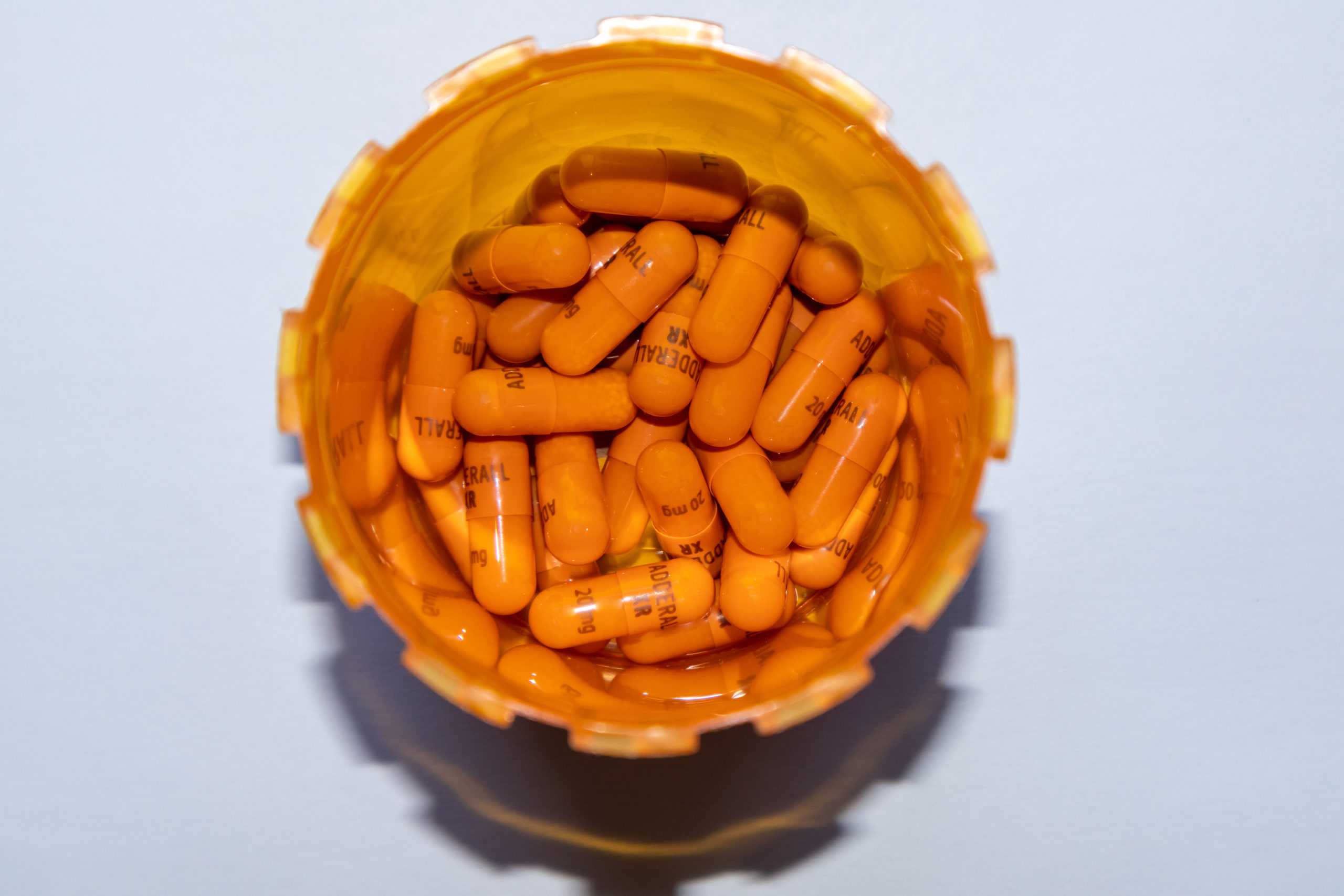Is Adderall Addictive? Adderall is a prescription stimulant that is a combination of dextroamphetamine and amphetamine. It is …
Mixing Cocaine and Alcohol: Don’t Do it
both while using this combination and when you stop. At 10 Acre Ranch, we understand the effects of using cocaine and alcohol, …
Continue Reading about Mixing Cocaine and Alcohol: Don’t Do it








